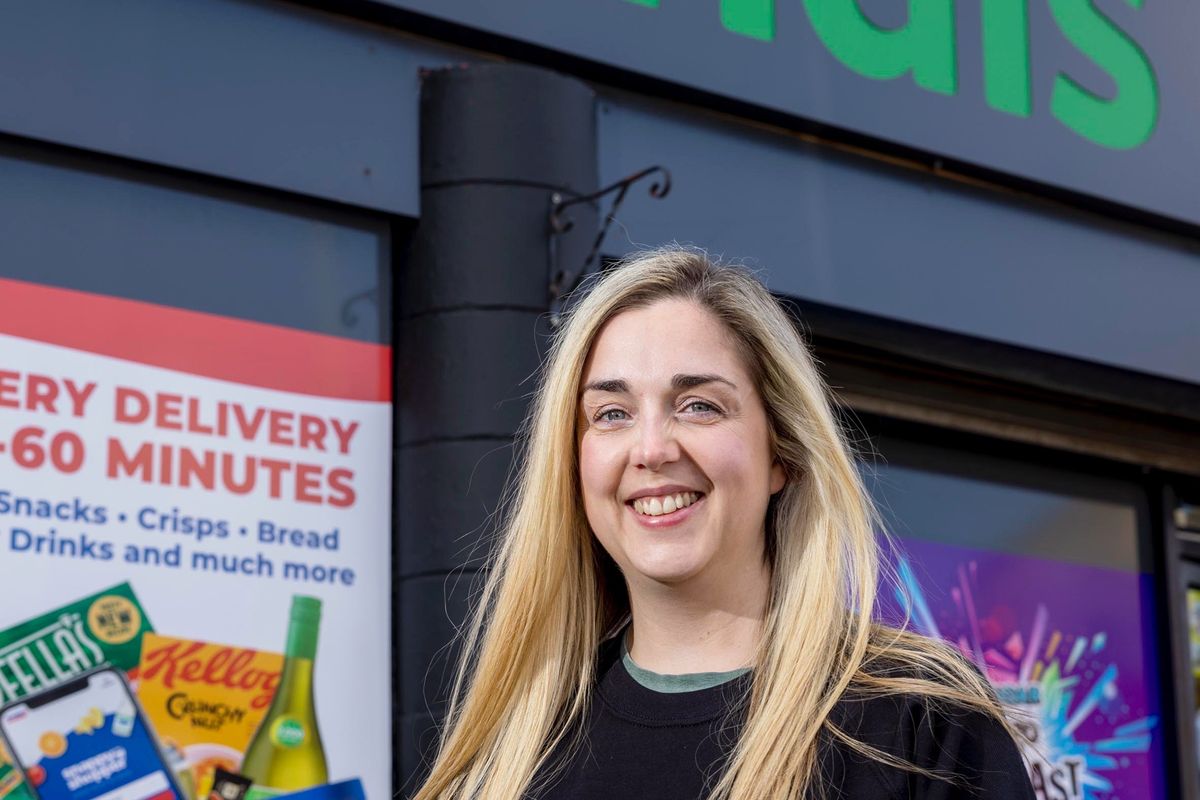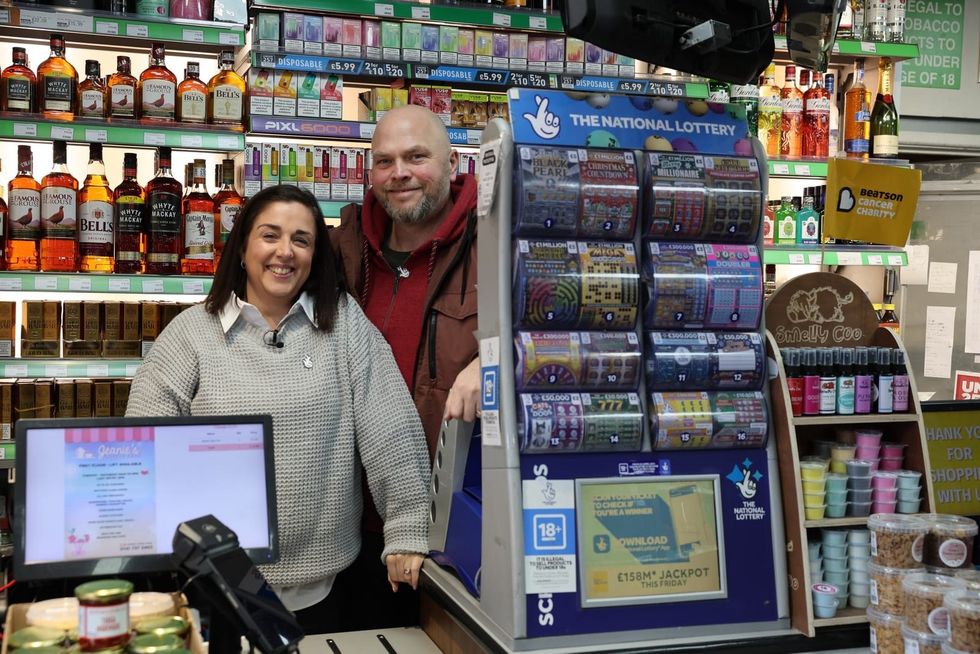Standing on the bustling streets of Glasgow’s Baillieston suburb, Londis Solo Convenience is more than just a store. It's a symbol of resilience, innovation, and an unwavering commitment to the local community.
At the heart of it all is retailer Natalie Lightfoot who has transformed her 620-square-foot space into the epitome of convenience, drawing customers from miles away for its exclusive range and rapid and highly-efficient home delivery service.
Speaking with Asian Trader, Lightfoot traced her store’s journey from an unexpected refit win to pushing the boundaries of what a convenience store can achieve.
Lightfoot and her brother took over the site in December 2006, and opened it in May 2007, operating as a convenience store and off-license.
Over time, they added National Lottery and PayPoint as well, but the business truly changed in 2015 with an email that seemed almost too good to be true.
“I won a £50,000 refit competition and an invitation to join Londis. I entered the competition on a whim, and I won. Crazy, right?
“At first, I said no as I thought it was too good to be true. But after some convincing, it turns out it was the best decision I ever made,” Lightfoot said.
The refit in 2016 completely transformed the store, giving it a modern, professional look that sent sales soaring.
However, just as things were looking up, disaster struck.
“In April 2016, the store was broken into. I lost £35,000 in stock and damages. Within just 20 days, they came back and hit me again.
“It turned out we were targeted by an organised crime gang that broke into nine other stores the same night.”
The criminals were so determined to break into the second time that they dug into the concrete and peeled back the shutters like a tin of tuna to force their way in.
The culprits were never caught nor any of the stock was ever recovered. With no insurance payout, Lightfoot’s extended family came together to help her rebuild.
But the emotional toll proved heavier than the financial one.
Lightfoot shared, “I really struggled a lot mentally. I was actually pregnant at the time, I ended up having miscarriage due to stress. It was a really dark time for me.”
Despite the devastation and the setback, the retailer refused to let crime define herself.
"It made me stronger. It made me a better businesswoman. We knew we had to come back bigger and smarter,” she said.

Rather than playing it safe, Londis Solo Convenience doubled down on innovation, adaptability and personalised customer service, the combination of the three eventually led to the store’s unique selling points.
She embraced new product developments (NPDs), turning the store’s limited space into a must-visit destination.She said, "I used to shy away from stocking new products, thinking we didn’t have the space. But I soon realized we needed to stand out.
“We created promotional bays and end bays to showcase the latest products, and soon, customers were driving across the city just to shop with us."
A strong social media strategy supercharged this effort, helping Londis Solo Convenience reach shoppers far beyond its immediate neighbourhood.
"We put our whole personality online, and suddenly, people from all over the East End of Glasgow were driving to our store.”
Home delivery has been another game-changer.
“I always wanted to do home deliveries. I knew the growth would happen through deliveries and I was right.
"Delivery sales now make up 40 per cent of our business. When people see us online, whether through social media or through Snappy Shopper, they actually look forward to visiting the store.”
Lightfoot feels that speed and flexibility are c-store's biggest assets.
“Like big supermarkets, we are not bound by any systems, red tape or process. We are literally the process,” she says.
Londis Solo Convenience was always deeply entwined with the local community as it's the sort of place where everybody knows everyone.
“As far as the community goes, we have always felt that we had a big responsibility. Now that we are on social media, it feels like an even bigger responsibility.”
The store supports a local cancer charity and recently organised a festival outside the store, complete with a barbecue, live music, and supplier-backed giveaways. The event raised £3,600.
Lightfoot was recently crowned as Local Retail Champions by Allwyn, something that she considers her proudest achievement so far.
“What overwhelmed me was that the award was based on nominations from the public; I couldn't stop crying.
“During COVID, we were literally the last one left open here. We worked really hard delivering to all the vulnerable people.
“I was scared that the business might close. I had to keep doing it even despite the risk of catching infections.
“Nearly five years later, when people still remember and say things like ‘we will never forget what you did for the community’, that’s what keeps me going."
Beyond running her store, Lightfoot is also an advocate for independent retailers.
Along with three other leading convenience retailers, she has co-founded Retailers for Retailers, a peer-support group addressing the mental health struggles of convenience store owners, whether due to crime, financial stress, or work-life balance challenges.
With an ever-growing customer base, a sharp eye for innovation, and a rock-solid community connection, Londis Solo Convenience isn’t just surviving; it is setting new benchmarks.
As she likes to put it, “Size doesn’t matter. If you’ve got drive and a big heart, you can make anything happen."




